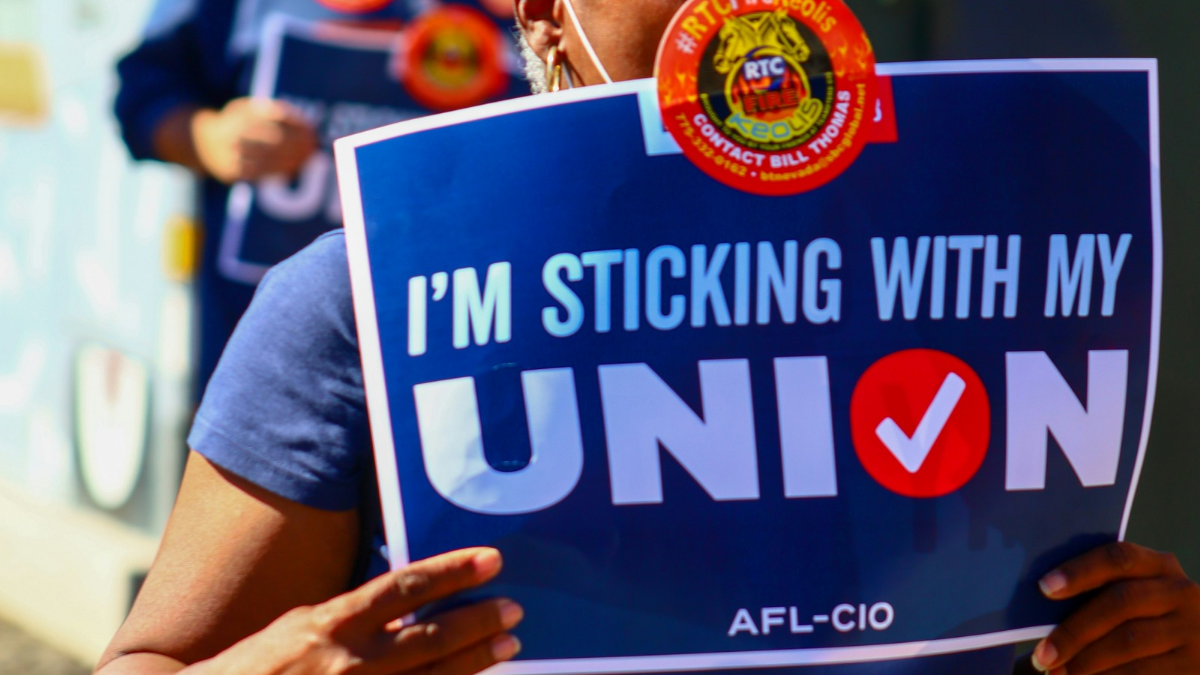The International Brotherhood of Teamsters has made headlines in recent days by announcing that they would not endorse any presidential candidate for the upcoming 2024 election. It is one of the biggest and most powerful labor unions in the United States. This decision breaks significantly from its tradition of endorsing Democratic candidates, as it had done in the cases of Joe Biden in 2020 and Barack Obama in past elections. A reason for such a move on the part of the Teamsters reflects a grayish landscape within the union, filled with not only internal divisions but also changing tastes of its members.
History of Teamsters endorsement
Historically, the Teamsters have gained considerable political clout, especially in those battleground states where labor might serve as the decisive factor in elections. During the past years, the union has endorsed candidates representing a pro-labor agenda that many times came at decisive moments with respect to working-class voters. The most notable are the victories of Barack Obama in 2008 and 2012 and Joe Biden’s victory in 2020. Nevertheless, the union has also refused to endorse candidates every time they did not meet their demands or were not able to get consensus inside the organization. Notably, in 2000 they did not endorse Al Gore because of unhappiness over his support for NAFTA.
The no-endorsement decision
The decision not to endorse one between Kamala Harris and Donald Trump follows consideration by the Teamsters’ General Executive Board. After an extensive polling, reaching, and discussion with both candidates, union leaders came to a decision that neither of the candidates has committed satisfactorily on issues that were key to their membership. The president of the union, Sean O’Brien, felt that neither candidate made working people’s interests a priority over corporate interests. The union at least wanted an assurance on some key union proposals and the right to strike, which it did not get from either camp.
Internal polling revealed that nearly 60% of Teamsters members were behind Trump over Harris, a stunning departure for the union, which has long been friendly to Democrats. These polls indicated that there was growing disgruntlement on the part of members concerning Harris’s economic policies and, for the most part, a lack of commitment to labor issues on her part. This no-endorsement thing is new territory for the Teamsters; the first time, beginning in 1996, that they have not taken sides in a presidential election.
Implications for Kamala Harris and Donald Trump.
This is particularly damaging for Kamala Harris, who has furiously courted labor support by touting her record on workers’ rights and her relationship with unions. Without the Teamsters, she may have a harder sell to some of those blue-collar voters in crucial swing states like Michigan and Pennsylvania. While several local-level Teamsters have endorsed her, without the wholesale buy-in from the top levels of the organization, her campaign effort may be dampened.
At the same time, however, the growing support that Donald Trump commands among union members tests Democrats. For many Teamsters members, his message of economic nationalism and working-class populism overwhelms what would seem otherwise an easily unpopular labor record. Trump’s ability to attract union support reflects broader trends within organized labor, where traditional allegiances are being tested by economic concerns and dissatisfaction with Democratic policies.
The future of labor politics
The fact that the Teamsters did not endorse any candidate demonstrates a critical moment for organized labor in American politics. As unions treads increasingly complex polarized political landscape, mobilizing their members on specific candidates may no longer be as easy. It really questions what can happen in the future to unions such as the Teamsters in presidential elections and whether they are going to retain their clout derived from historical influence when member preferences are shifting.

